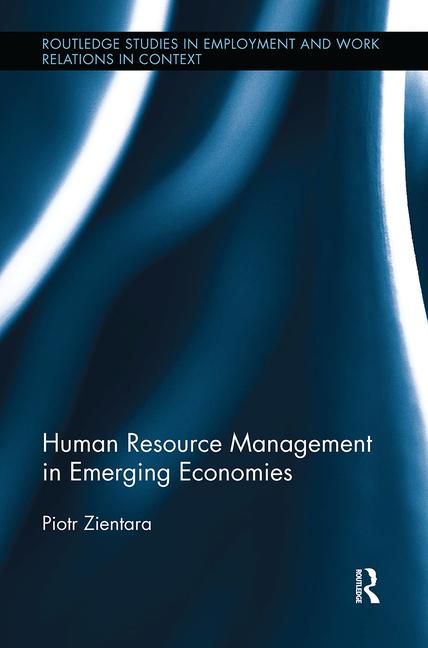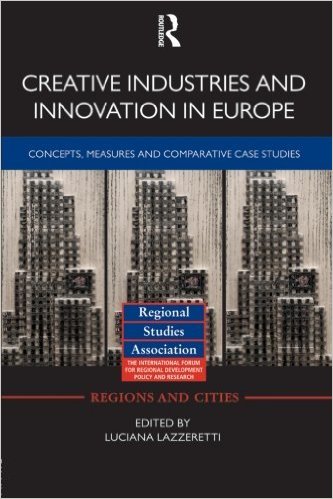
단행본Routledge studies in employment and work relations in context ; 12)
Human resource management in emerging economies
- 청구기호
- 331.20947 HUM2014
- 발행사항
- New York : Routledge, 2014
- 형태사항
- 199 p
- 서지주기
- Includes bibliographical references and index
- ISBN
- 9781138617186
소장정보
| 위치 | 등록번호 | 청구기호 / 출력 | 상태 | 반납예정일 |
|---|---|---|---|---|
이용 가능 (1) | ||||
| 한국노동연구원 | 00008824 | 대출가능 | - | |
이용 가능 (1)
- 등록번호
- 00008824
- 상태/반납예정일
- 대출가능
- -
- 위치/청구기호(출력)
- 한국노동연구원
책 소개
The demise of communism in 1989 in eastern Europe, followed by the break-up of the Soviet Union and the spectacular rise of China and India in the 1990s, brought about a new world order. In eastern Europe communism not only caused large-scale impoverishment and technological slowing, but also signified managerial wastefulness and disregard for employee voice. Yet, since the collapse of the old system, 25 years has passed and things have dramatically improved. Crucially, much has changed in the workplace: a transfer of modern HRM thought led to a shift in the way employees were treated.
Human Resource Management in Emerging Economies explores – by means of qualitative and quantitative research methods – the problematics of human resource management in post-communist emerging economies. It also focuses on such interrelated issues as privatisation, trade-unionism, corporate social responsibility, work-life balance and senior employment. The book adopts a multidisciplinary perspective, referring to theories and concepts associated with management, economics, occupational psychology and sociology. Moreover, it contextualises the discussion by including a politico-historical background, and substantiates its claims with findings from empirical research.
This book’s multi-faceted approach reflects the complex nature of the subject matter, allowing readers to develop a better understanding of the idiosyncrasies of employment relations in eastern Europe.
목차
Introduction
1. Communist-era workplace realities and the systemic transformation
2. Industrial relations and trade unionism
3. Human resource management in Polish organizations
4. Corporate social responsibility and work-life balance in Poland
5. Employment and management of older employees
Conclusions

